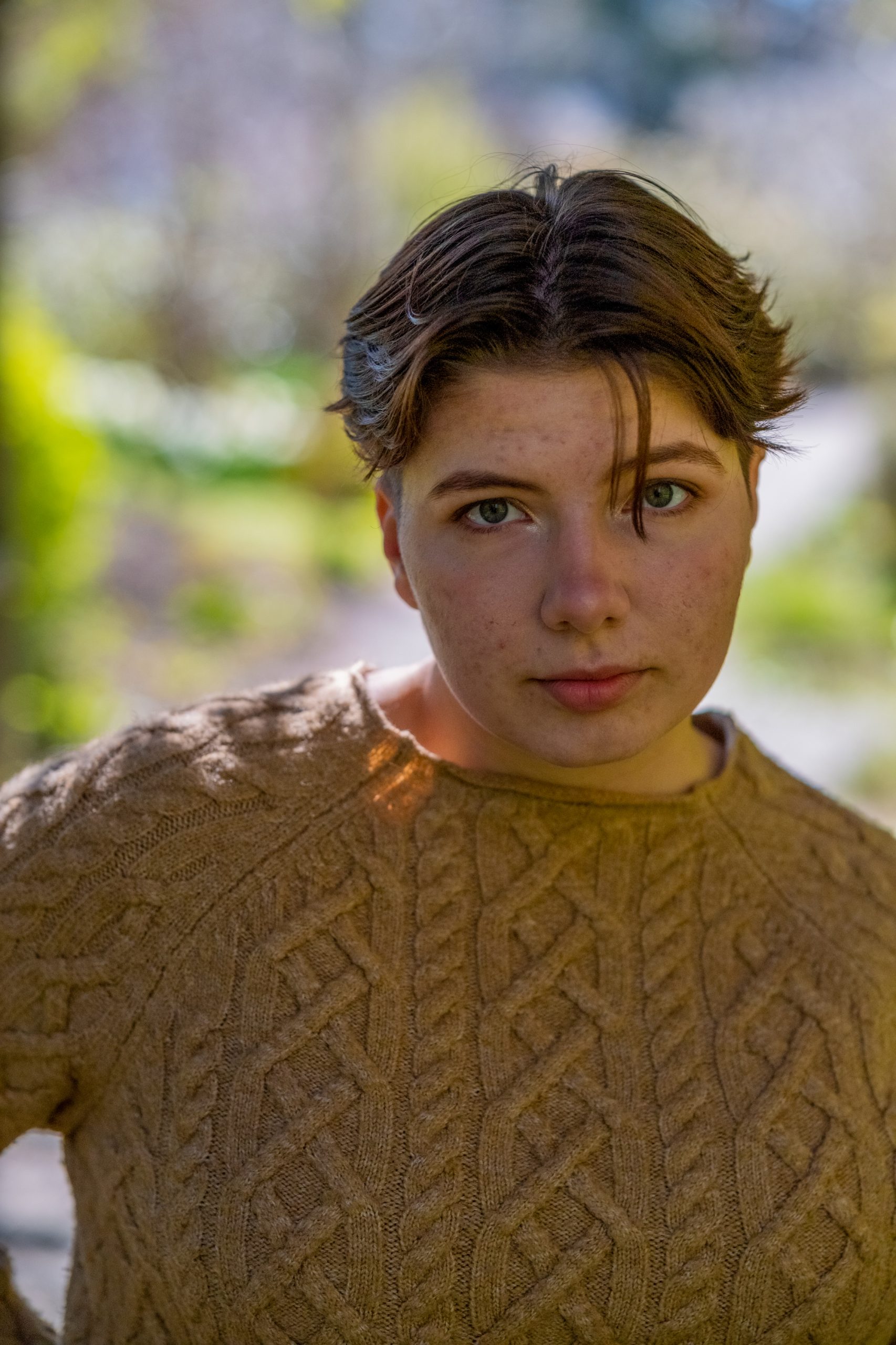
18 May This Play Begins at the End: Will Hegg’s Puzzle of Love, Guilt, and Growth
We caught up with Will Hegg, a third-year directing student at UVic’s Phoenix Theatre, about their work on Peregrine and Death. With a long-standing interest in collaborative storytelling, Will spoke to us about what draws them to directing and how this year’s show explores the complexities of relationships and self-reflection.
What first ignited your passion for theatre, and what keeps you coming back to it?
What ignited my passion for theatre, and what keeps me coming back is the opportunity for creative collaboration. As an artist, you may think that you have fully considered a piece, but working with other artists who are actively engaged in the piece is always going to expand your understanding of a piece. Peregrine and Death has been a super collaborative show artistically, and I have been challenged and rewarded daily by my designer’s and actors’ insights!
What excites you most about directing for a one-act festival format?
As a director, the one act play format is super exciting because it gives us a fairly generous amount of time to explore new pieces as creative teams, and then get to workshop them as we go. As an emerging artist, having the chance to have my work seen by other local artists is a very exciting opportunity for networking and future collaborations. It is also amazing that we get to work with new Canadian pieces, and provide a stage for local authors’ voices!
Tell us about the play you’re directing.
Peregrine and Death explores the intricacies of toxic relationships through a guilt-ridden semi-conscious haze. It asks us to hold a mirror to our insecurities, and reflect on how their expression affects those we love.
What’s your vision for bringing this script to life? Is there a particular style, mood, or key moment you’re focusing on?
For this play to work, I knew we had to be trapped right in the middle of reality and fantasy. We are both sitting in the garden with Peregrine’s body, and sitting in limbo with her consciousness. I also knew that we needed to find each type of consciousness and define it to clarify what the throughlines are in the story. This play begins at the end, and takes us on a puzzle-like journey that is mirrored in the design of the piece.
What’s unique about working with playwrights and actors in this setting?
Getting to work with these actors has been an absolute treat! They have each brought so much engagement to the piece, and for a play still in its infancy, their feedback and attention have aided in getting the script to where it is.
How do festivals like this support the growth of local theatre talent, from your perspective as a director?
Festivals like this are integral to supporting emerging artists’ journeys. They provide a stage for their work to be seen by a broader public, and open doors to future collaborations. Having something to invite potential collaborators to is integral to the growth of artists. Being able to see where your peers are, in terms of their artistic journeys is super exciting, and this festival will certainly have something for everyone.
